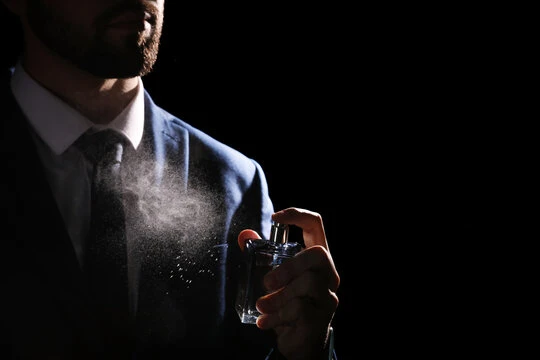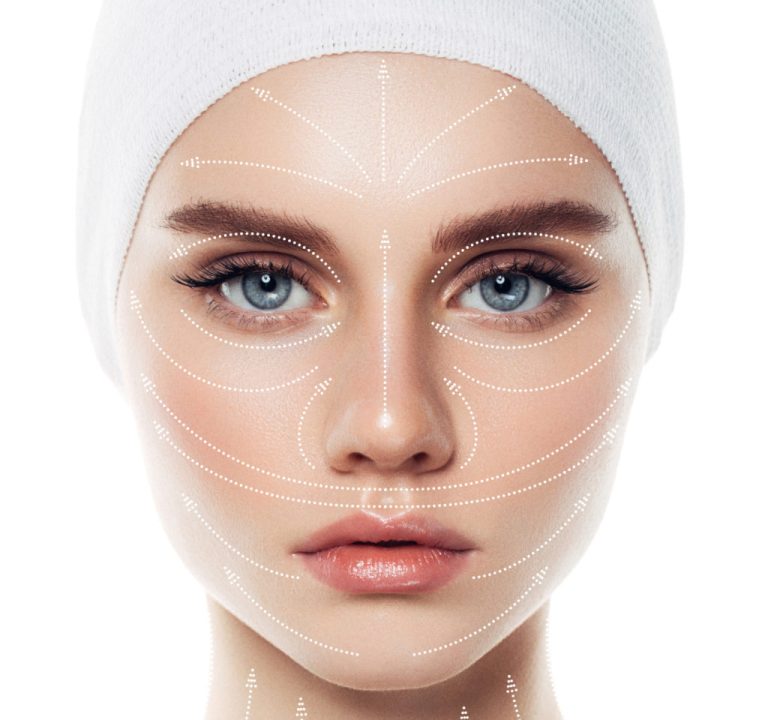Is Your Cologne Ageing You? The Surprising Truth
The Hidden Side of Colognes
Cologne is often associated with youth, beauty, and elegance. Yet, surprisingly, the wrong fragrance can have the opposite effect. Some perfumes unintentionally make wearers seem older than they are—either by clashing with body chemistry, relying on outdated scent trends, or being applied incorrectly. While scent is deeply personal, understanding how it can shape perceptions of age is key.
This doesn’t mean perfume should be avoided—it means it should be chosen with awareness. The growing popularity of a cologne subscription has made it easier than ever to test different options and find fragrances that flatter rather than age you.
How Cologne Influences Perception
Scent shapes how people perceive us, often without us realizing it. Just as certain clothing styles or haircuts can add years, so can specific perfumes. Fragrance communicates mood, personality, and vitality, all of which affect how youthful or mature you seem.
- Heavy aldehydes or overly powdery notes can sometimes be linked to older generations, reminding people of classic perfumes their grandparents wore.
- Overly sweet gourmands may go too far in the opposite direction, giving off an immature or artificial vibe.
- Balanced, fresh compositions tend to project modernity and energy, which are often read as youthful.
Outdated Trends That Add Years
Perfume, like fashion, goes through trends. A fragrance that was popular decades ago may now feel dated, even if it’s still beautiful. Wearing something heavily associated with the past can unintentionally project an older image.
For example:
- Powdery florals popular in the 1950s and 1960s.
- Overly strong musks from the 1980s.
- Sharp aquatic notes of the 1990s.
While these perfumes may be nostalgic, they don’t always align with contemporary perceptions of vibrancy.
Why Body Chemistry Matters
Perfume doesn’t smell the same on everyone. Skin type, pH levels, and even diet affect how fragrance develops. Sometimes, a perfume that smells youthful on one person can come across as heavy or flat on another.
Dry skin, for instance, tends to make perfume fade faster, which can leave behind only base notes. Since base notes are often darker and richer, this can unintentionally age the overall impression.
The Role of Application
Even the best perfume can misfire if applied incorrectly. Over-spraying can overwhelm and feel old-fashioned, while applying too lightly may make a fragrance seem unfinished. Placement matters too—pulse points help perfume evolve naturally, creating a more dynamic and youthful projection.
Notes That Project Youthfulness
To avoid perfumes that age you, focus on notes and families that emphasize freshness and vitality.
- Citrus: Lemon, bergamot, and grapefruit feel bright and modern.
- Green: Herbal or leafy notes suggest energy and movement.
- Light florals: Jasmine, lily of the valley, and peony project elegance without heaviness.
- Fruity: Apple, pear, and berries create playful, youthful impressions.
- Soft woods: Sandalwood and cedar can add depth without overwhelming.
These compositions evolve in ways that feel lively and approachable, rather than dated or heavy.
Creating a Balanced Wardrobe
The key isn’t avoiding certain notes altogether but balancing them. For instance, a classic powdery floral can feel modern when paired with fresh citrus or green elements. Likewise, rich woods or ambers can be made more youthful when blended with lighter florals.
A cologne subscription is ideal for this experimentation, letting you test combinations until you find what works best with your personality and skin chemistry.
Cultural Differences in “Youthful” Scents
What feels ageing in one culture may feel timeless in another. For example, oud-heavy perfumes are considered refined and contemporary in the Middle East but may be perceived as older or too intense in Western contexts. Understanding how scents are interpreted within cultural frameworks helps guide choices that align with how you want to be seen.
Perfume as a Reflection of Energy
Ultimately, perfume isn’t just about chronological age—it’s about energy. Wearing scents that align with your lifestyle and personality creates an impression of vitality. A youthful fragrance is one that feels authentic to you, rather than forced or outdated.
For example:
- A professional might choose fresh florals for daytime and light woods for evening.
- Someone adventurous might lean toward citrus or spice to reflect dynamism.
- A minimalist could opt for clean musks that project subtle sophistication.
The key is harmony—when a fragrance feels like an extension of your energy, it reads as youthful no matter your age.
How to Avoid Perfume Pitfalls
- Test before committing – Always see how a perfume evolves on your skin throughout the day.
- Rotate by season – Lighter perfumes in summer, warmer ones in winter.
- Update your wardrobe – Retire scents that feel tied to past decades.
- Listen to feedback – Sometimes others notice how a fragrance projects more than you do.
- Experiment regularly – A subscription service helps prevent falling into a rut.
The Truth About Perfume and Age
Perfume doesn’t inherently age anyone—it’s the mismatch between fragrance, personality, and context that does. When chosen wisely, perfume enhances youthfulness, vitality, and presence. When mismatched, it can send unintended signals.
Smelling modern, fresh, and alive is less about the number of candles on a cake and more about how well your scent matches who you are today. With careful choices and a willingness to experiment, perfume can always work in your favor.



